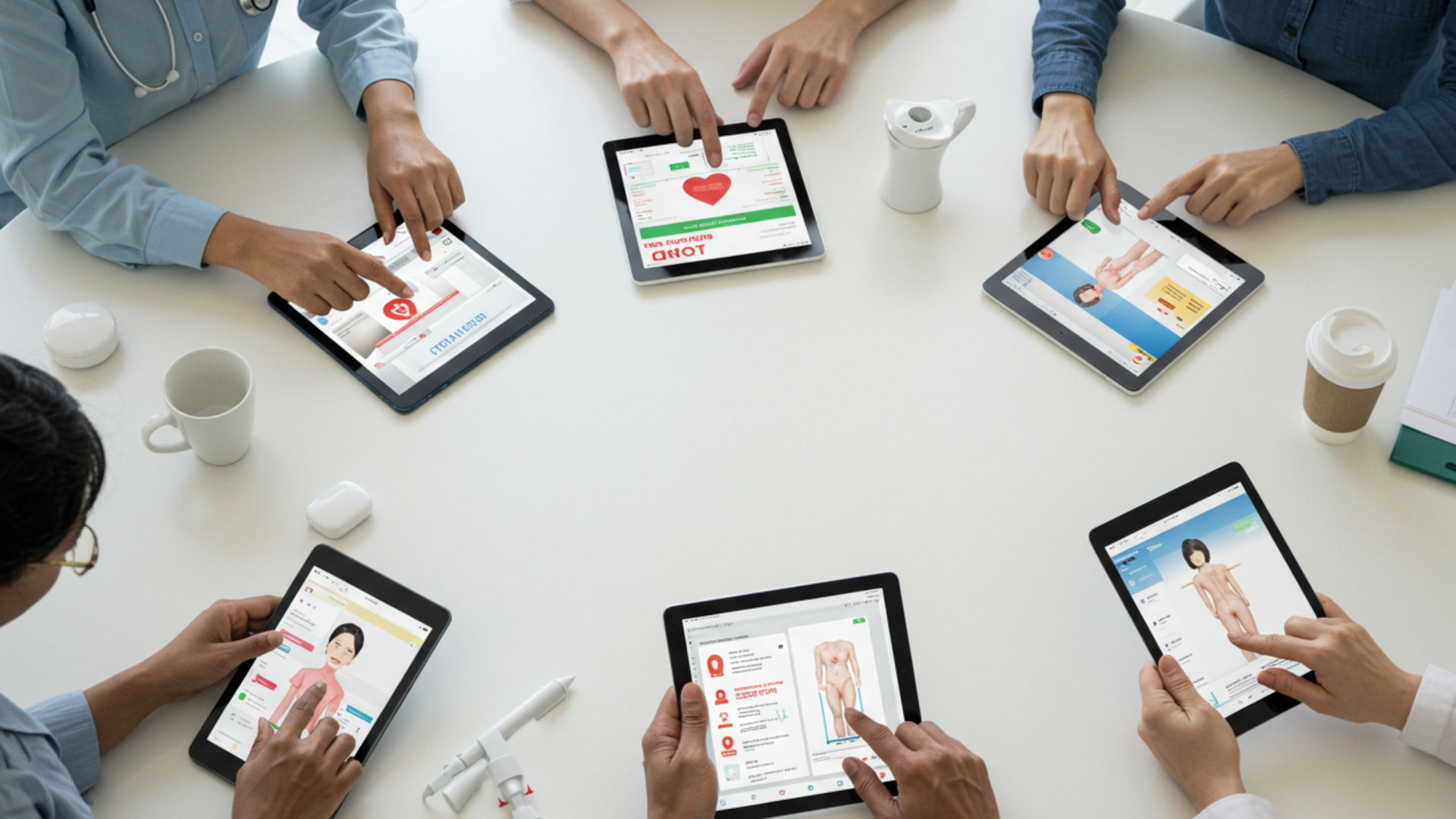Translation and digital health are crucial to improving access and understanding in medical platforms.
Digital transformation is reshaping how patients interact with healthcare services. In this context, the synergy between translation and digital health becomes essential to building a more inclusive, accessible, and effective experience.
Proper localization of apps, portals, and digital tools ensures that more people can understand critical information, manage their care, and follow treatments without language being a barrier.
How does translation impact the digital patient experience?
In digital healthcare environments, clear language is vital. Poor translations or poorly localized interfaces can confuse patients, reduce adherence, and even endanger their well-being.
Moreover, adapting content to different literacy levels and cultural backgrounds ensures that the message is received with clarity and empathy.
Key practices for inclusive digital health:
- Localization beyond language
It’s not just about translating. It’s about adapting terms, formats, cultural references, and structures specific to each region. - Accessible and multilingual interfaces
Including multiple languages in healthcare apps and portals improves patient experience and expands service reach. - Plain-language content
Simplicity—without compromising accuracy—is key for patient comprehension and engagement. - Regulatory compliance and data protection
Translation must align with local laws (like HIPAA or GDPR), especially when handling sensitive health information. - Collaboration with healthcare and language experts
A team approach ensures that communication is accurate, ethical, and truly effective.
Conclusion
A robust translation strategy in digital health enhances patient experience, reduces barriers, and promotes equity. At SumaLatam, we localize digital platforms with cultural awareness, medical accuracy, and a commitment to inclusion. Because in healthcare, every well-translated word matters.




